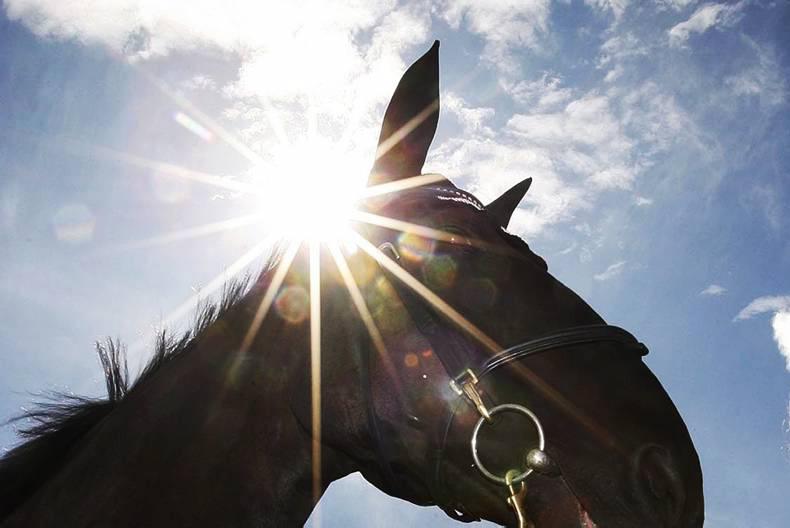THE old saying forewarned is forearmed certainly rings true this week.
Engaging with members of Ireland’s veterinary community this week over the stamping in or stamping out of horses from the human food chain highlighted in last week’s Irish Horse World, it was very easy to see their concerns.
Vets, a key component of the frontline response to any equines in emergency cases particularly, rightly feel they are under the gun themselves when it comes to the protection of the food chain.
By law, vets are not supposed to treat equines with certain medicines in the absence of a passport being produced on site by the owner or keeper.
Bute is the main one of concern but it is not the only one so vets are caught in the middle of all their obligations.
The best outcome of the animal before them is, of course, the number one priority of any treating veterinary surgeon.
Many are performing a daily juggling act trying to treat horses properly, deal with the owners and keep up an exhausting log of record-keeping – all out of the boot of a car.
However, absolutely nothing is surer in this world than it will be the person with the licence – the vet – being held over the barrel by the relevant authorioties should any problems later arise.
This cohort of professionals are effectively having to live and work every day around an imperfect system with its all too visible cracks.
The sticker practices of some of the passport-issuing agencies, with the memory of the 2013 meat scandal still to the fore of their minds, was met with disbelief by some members of Veterinary Ireland.
Several wanted to know was there any response from the Department of Agriculture, Food and the Marine with so much at stake – so far, there has not been.
With our flagship beef industry worth over €2bn to the Irish economy a year, industry silence could not only be the weakest link in the chain, it could well turn out to be a price far too high to pay.
